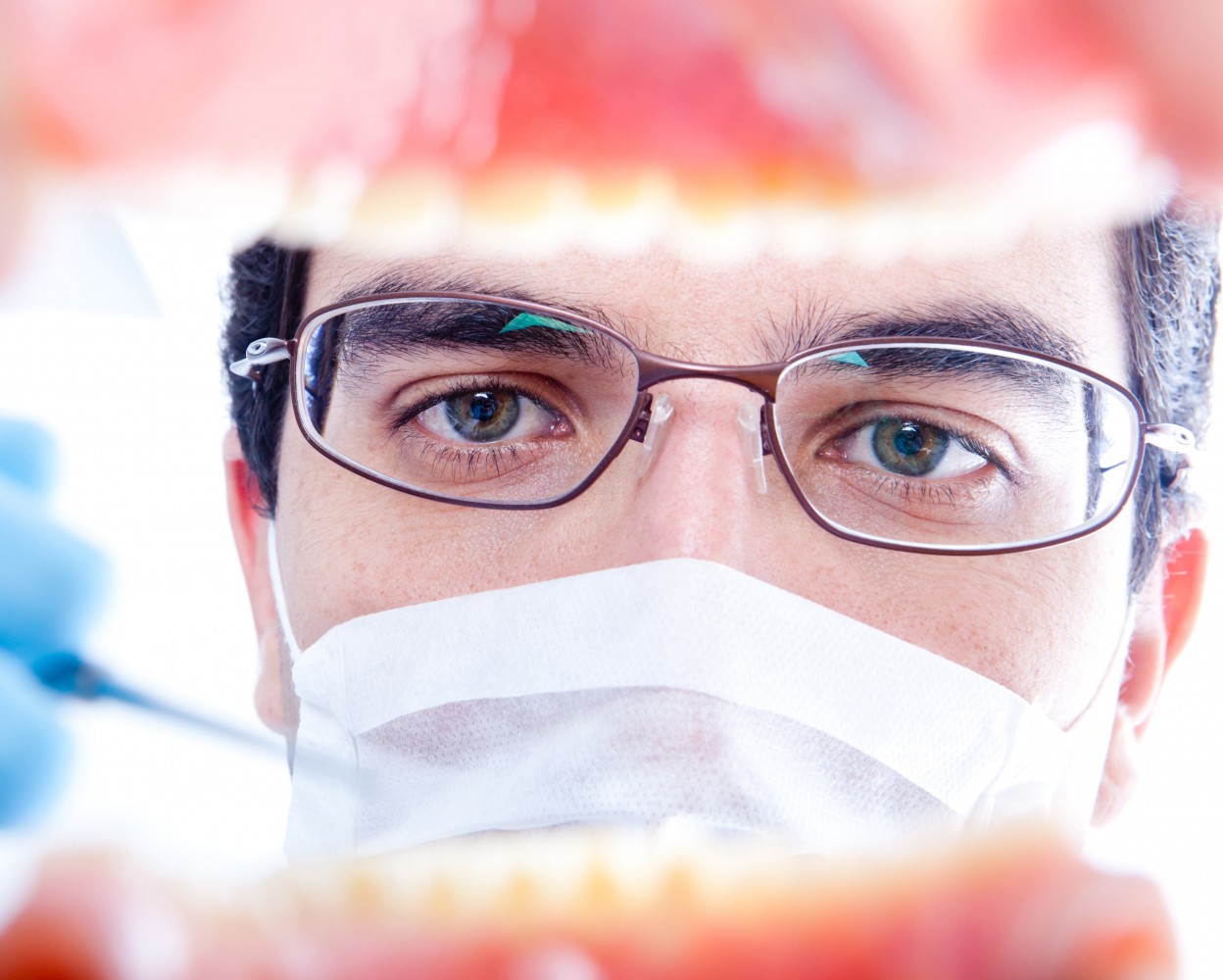Going to the Dentist When You Have Porphyria

Regular dental checkups are an important part of your health and wellness. If you have porphyria, however, checkups may need to be more frequent than usual and certain risks can accompany a dental visit.
Here is information about the importance of visiting your dentist, and additional precautions that may be needed.
What is porphyria?
Porphyria is a group of rare genetic disorders that are all related to problems in the pathway responsible for producing a molecule called heme. Heme plays a role in the production of several molecules, especially hemoglobin, the protein that carries oxygen in red blood cells.
A number of different enzymes are involved in heme production. Mutations in each result in a different type of porphyria. There are two major groups of porphyria: the acute porphyrias that lead to acute porphyria attacks, and the cutaneous porphyrias that predominantly affect the skin.
Dental care and porphyria
Several types of porphyria heighten a need for dental services. If you have congenital erythropoietic porphyria (CEP) or hepatoerythropoietic porphyria (HEP), you may have reddish-brown staining on your teeth as a result of porphyrin accumulation. Because of this, you might want veneers, crowns, or facings, all part of cosmetic dentistry, to cover such discoloration.
A diet high in carbohydrates can be recommended to people with acute porphyrias to try and prevent attacks. Carbohydrates from processed foods often contain high levels of sugars, however, putting these patients at an increased risk of cavities and gum disease. Frequent dental checkups and good oral hygiene practices are advised.
A case report in a patient with CEP also indicated that thinning of the enamel (the outer layer of the teeth) is possible, with a potential to promote cavities.
Precautions during dentist visits
If you have acute porphyria
If you have acute porphyria, you could be at risk of an acute attack during dental procedures. You should inform your dentist well in advance of a visit about your disorder. The dentist should consult with your primary care physician to ensure anesthetics used are not likely to cause an attack. Certain antibiotics and anti-inflammatory medications can also trigger attacks.
Your dentist should also be familiar with treatment options in case you do have an attack during a visit.
Acute porphyria attacks can also result from use of heavy metals in dental implants, or in fillings like amalgam. An inability to tolerate certain types of jewelry may indicate a sensitivity toward certain metals and you should inform your dentist of this.
Fasting, stress, and pain can also lead to acute attacks. Fasting before a major dental procedure (a dental surgery) should be as short in time as possible. Your dentist may need to give you glucose (sugar) via an IV drip during the procedure to lower your attack risk. Sedatives such as nitrous oxide are reported to be relatively safe, and can help to ease the stress and pain of dental work.
If you have cutaneous porphyria
If you have cutaneous porphyria, you may face a different set of disease-related issues at the dentist’s office.
Porphyrin buildup on the skin of your lips or the lining of your mouth can increase your risk of blisters.
If you have erythropoietic protoporphyria, you may risk burns from the intensive lights used during dental procedures. Colored filters on these lights may help to block damaging portions of the light spectrum.
Last updated: March 2, 2021
***
Porphyria News is strictly a news and information website about the disease. It does not provide medical advice, diagnosis, or treatment. This content is not intended to be a substitute for professional medical advice, diagnosis, or treatment. Always seek the advice of your physician or other qualified health provider with any questions you may have regarding a medical condition. Never disregard professional medical advice or delay in seeking it because of something you have read on this website.






